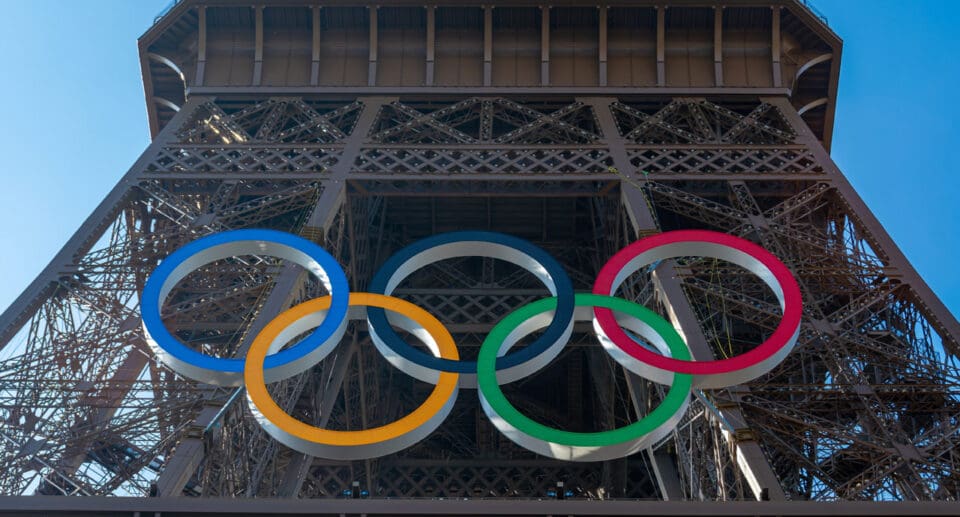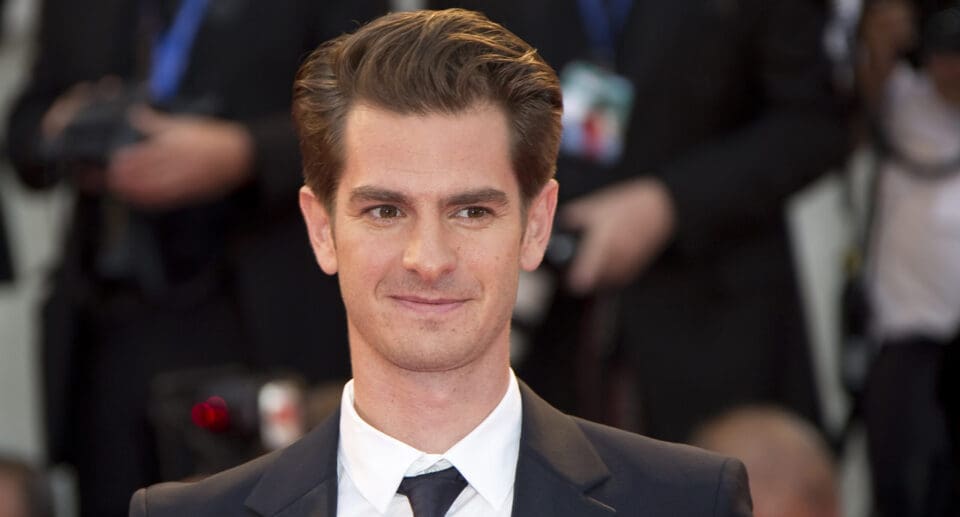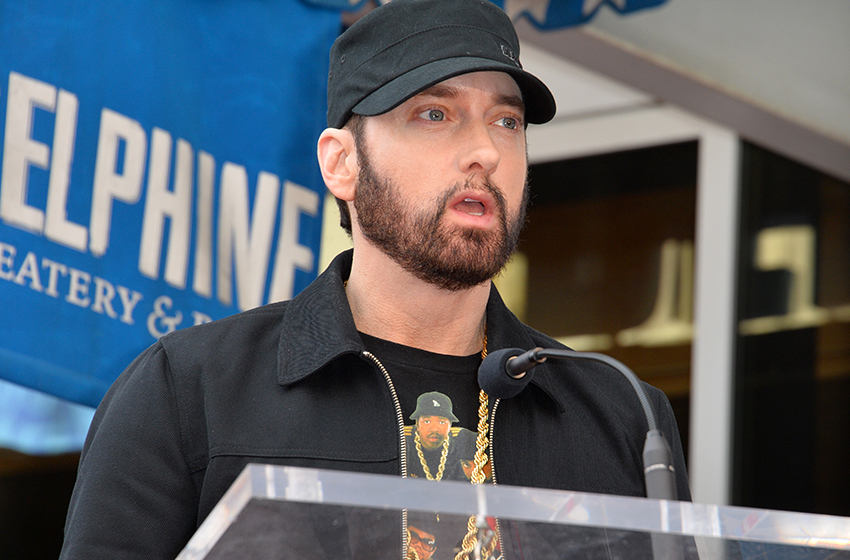Olympics Organizers Apologize for Controversial “Last Supper” Parody

Organizers of the Paris Olympics issued an apology for its opening ceremony on Friday, July 26, that seemed to parody the biblical Last Supper.
The ceremony on France’s Seine River is believed to be based on Leonardo da Vinci’s painting The Last Supper. It marked the moment when Jesus Christ told his 12 apostles of his imminent betrayal. But instead of showing 12 men around Jesus, the characters were portrayed by colorfully dressed drag queens.
Olympics spokesperson Anne Descamps assured the public in a press conference last Sunday, July 28: “Clearly there was never an intention to show disrespect to any religious group. On the contrary, I think (with) Thomas Jolly, we really did try to celebrate community tolerance.”
She added, “Looking at the result of the polls that we shared, we believe that this ambition was achieved. If people have taken any offense we are, of course, really, really sorry.”
The Catholic Conference of Bishops in France was among its biggest critics. “This ceremony has unfortunately included scenes of derision and mockery of Christianity, which we very deeply deplore,” it shared in a statement.
US politicians and other world leaders also expressed their dissatisfaction with the display. The speaker for the United States House of Representatives, Mike Johnson, wrote on social media, “Last night’s mockery of the Last Supper was shocking and insulting to Christian people around the world who watched the opening ceremony of the Olympic Games.”
Even Tesla and SpaceX founder Elon Musk referred to it as “extremely disrespectful to Christians.”
Despite the seemingly anti-Christian display, the ceremony found an unexpected ally in Reverend Benjamin Cremer. The US-based reverend claimed it didn’t mock the Last Supper as many believe. “It was a representation of the event called the Feast of Dionysus. Greek God of festivity and feasting and ritual and theatre,” he explained.
‘The Olympics are from Greek culture and tradition. French culture is deeply rooted in feasting and festivity and performing arts,” Cremer added.
Cremer believes that the scene was not based on da Vinci’s The Last Supper but on a Johann Rottenhammer and Jan Bruegel painting from 1602 entitled Feast of the Gods.
The tableau’s artistic director, Thomas Jolly, later confirmed this, saying, “The Last Supper” was “not my inspiration.”
Jolly elaborated, “We wanted to include everyone, as simple as that. In France, we have freedom of creation, artistic freedom. We are lucky in France to live in a free country. I didn’t have any specific messages that I wanted to deliver. In France, we are republic, we have the right to love whom we want, we have the right not to be worshippers, we have a lot of rights in France, and this is what I wanted to convey.”









